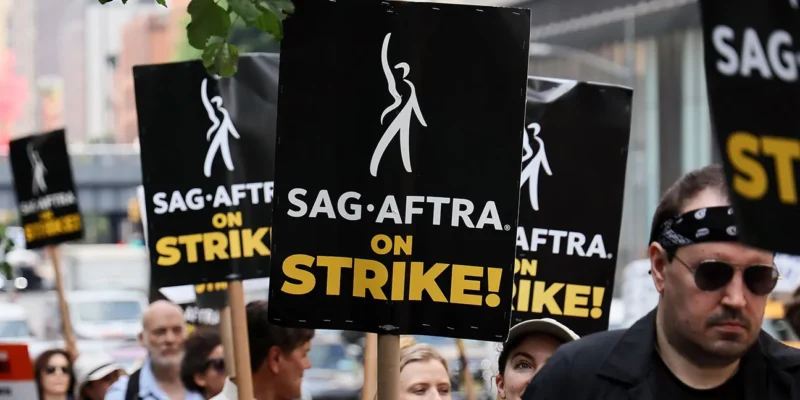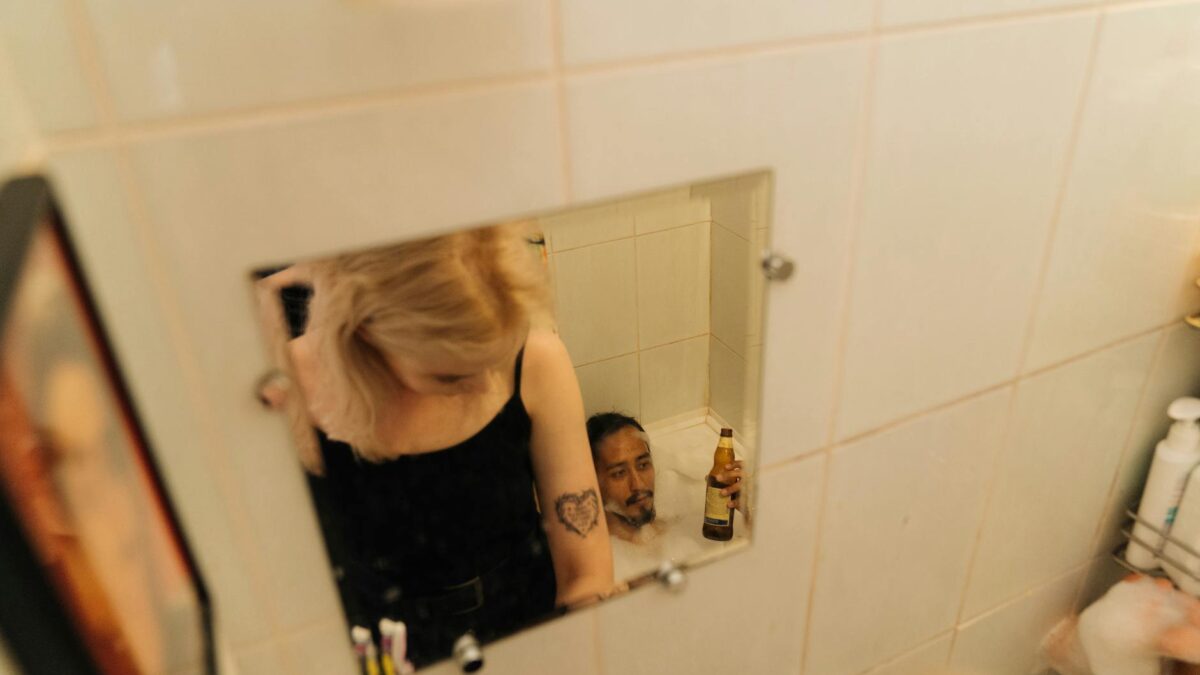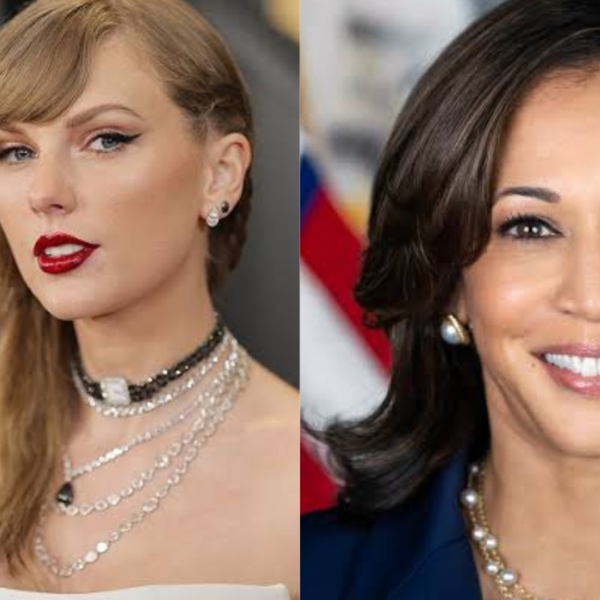
After a marathon of negotiations between Hollywood studios and striking screenwriters lasting for three days, Friday night arrived without a result. However, there has been significant headway, as reported by three sources with knowledge of the discussions.
The talks resumed on Saturday.
Friday’s session kicked off at 11 a.m. Pacific time at the Alliance of Motion Picture and Television Producers headquarters in suburban Los Angeles, the organization that negotiates on behalf of major entertainment companies. For the third consecutive day, prominent Hollywood figures directly participated in the negotiations, which concluded just after 8 p.m.
The notable participation of Hollywood heavyweights like Robert A. Iger (Disney’s CEO), Donna Langley (NBCUniversal’s Chief Content Officer of Universal Pictures), Ted Sarandos (co-CEO of Netflix), and David Zaslav (CEO of Warner Bros. Discovery) in the negotiations, which some screenwriters and analysts felt was long overdue, significantly contributed to substantial progress in recent days, according to those familiar with the discussions.
During Thursday’s negotiations, the two sides notably narrowed their differences, especially regarding minimum staffing for television show writers’ rooms—a topic the studios had previously been reluctant to address before the strike was called by the guild in early May.
However, things took a turn during Thursday’s session. After agreeing to take a short break around 5 p.m., the guild negotiators, instead of returning to discuss previously addressed points, presented additional requests. One such request was linking the return to work for screenwriters with a resolution of the actors’ strike.
SAG-AFTRA, the actors’ union, joined the picket lines alongside writers on July 14. Their demands go beyond those of the Writers Guild and include a request for 2 percent of the total revenue generated by streaming shows—a demand studios have deemed a nonstarter.
Shortly after the talks concluded on Thursday night, the guild sent an email to its members, informing them of a meeting scheduled for Friday.
“Your negotiating committee appreciates all the messages of solidarity and support we have received the last few days, and ask as many of you as possible to come out to the picket lines tomorrow,” the email said.
On Friday, picketing hours were extended until 2 p.m., a departure from the usual noon ending time. Several hundred writers turned up to picket outside Paramount Pictures, far more than in recent weeks. As part of their themed pickets, some carried felt hand puppets and marionettes alongside their picket signs. The atmosphere was optimistic.
By the time Friday’s picketing ended, the negotiations were back on track, with discussions around minimum staffing for television shows and payments from streaming services taking center stage. There was talk of hiring at least four writers regardless of the number of episodes or the showrunner’s opinion on the required workforce. Additionally, writers were in discussions about receiving payments from streaming services based on a percentage of active subscribers, a new development.
The strike has seen screenwriters off work for 144 days. The longest writers’ strike in history lasted 153 days in 1988.
The guild’s negotiating committee expressed gratitude in an email to members on Friday, saying, “Thank you for the wonderful show of support on the picket lines today! It means so much to us as we continue to work toward a deal that writers deserve.”










